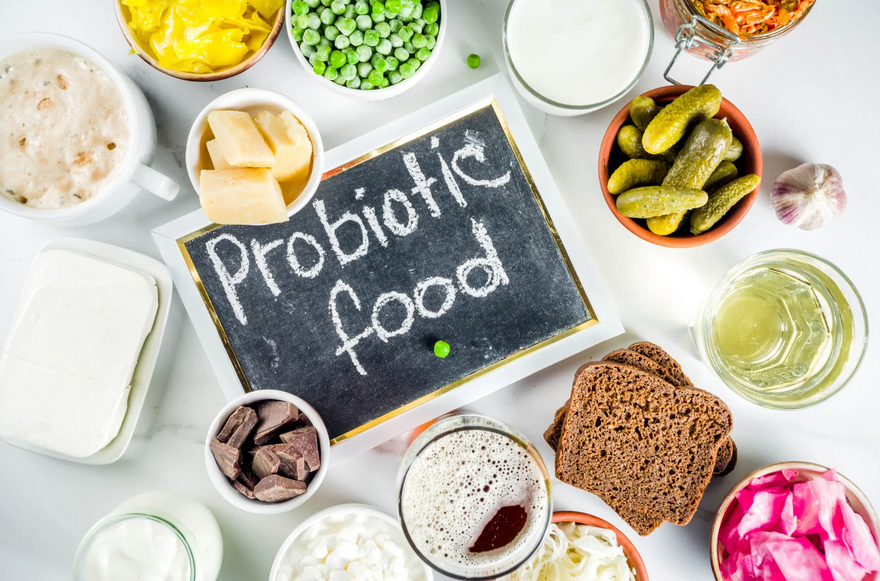Does Walmart carry the best probiotics? This is a question that many people ask, as Walmart is one of the largest retailers in the United States. However, the answer to this question is not as simple as it may seem. While Walmart does sell probiotics, there is no guarantee that they are the best quality or the most effective.
Do Walgreens Probiotics Work?
Walgreens is another large retailer that sells probiotics. Like Walmart, the answer to whether or not Walgreens probiotics work is not clear-cut. While some people may have had success taking Walgreens probiotics, there is no guarantee that they will work for everyone.
Check out Seed Probiotics here.
Are CVS Probiotics Effective?
CVS is another large chain that sells probiotics. As with Walmart and Walgreens, there is no clear answer as to whether or not CVS probiotics are effective. Some people may find relief from taking CVS probiotics, while others may not notice any difference.
What Are Vegan Probiotics?
Vegan probiotics are probiotics that do not contain any animal products. There are a number of vegan probiotic supplements on the market, and they may be effective for people who are looking for an alternative to traditional probiotics.
Do Probiotics Work for Everyone?
Probiotics are not a cure-all, and they will not work for everyone. However, there is some evidence to suggest that probiotics may be helpful for a variety of different health conditions. If you are considering taking probiotics, it is important to speak with your doctor to determine if they are right for you.
What Are Probiotics?
Probiotics are live bacteria and yeasts that are beneficial for your health, especially your digestive system. These “good” bacteria and yeasts help keep your gut healthy by preventing the growth of harmful bacteria. Probiotics are found in a variety of foods, including yogurt, sauerkraut, kimchi, and some types of cheese. Probiotics are also available in supplement form.
Seed Probiotics Review: Pros and Cons, Benefits and Promos
Probiotics May Help With Digestive Issues
One of the most common uses for probiotics is to treat digestive issues, such as irritable bowel syndrome (IBS), inflammatory bowel disease (IBD), and infectious diarrhea. Probiotics may help by restoring the balance of good and bad bacteria in the gut. They may also help reduce inflammation, which can contribute to these digestive conditions.
A large review of studies concluded that probiotics may help relieve symptoms of IBS, including abdominal pain, bloating, and gas. However, the authors noted that more research is needed before probiotics can be recommended as a treatment for IBS.
A small study found that a probiotic may help people with Crohn’s disease, a type of IBD. The probiotic helped reduce inflammation and increased the number of good bacteria in the gut. However, larger studies are needed to confirm these findings.
Probiotics may also help treat infectious diarrhea, a common condition caused by bacteria, viruses, or parasites. A review of studies found that probiotics may help reduce the duration of infectious diarrhea by up to two days.
In addition, probiotics may help prevent traveler’s diarrhea, a type of gastrointestinal illness that is common among people who travel to developing countries. A small study found that taking a probiotic before and during travel may help reduce the incidence of traveler’s diarrhea by up to 60 percent.
Probiotics may also have other benefits, such as supporting oral health and reducing the risk of allergies and colds. However, more research is needed to confirm these potential benefits.
Even Linkedin has a great writeup about Seed Probiotics.
Probiotics are generally considered safe for most people. However, there is a small risk of side effects, such as bloating, gas, and diarrhea. People with weakened immune systems or other medical conditions may be at higher risk of serious side effects.
If you’re considering taking probiotics, talk to your doctor to see if they’re right for you.
Conclusion
Probiotics are live bacteria and yeasts that are good for your health, especially your digestive system. We usually think of these as germs that cause diseases. But your body is full of them, and they help keep you healthy.










